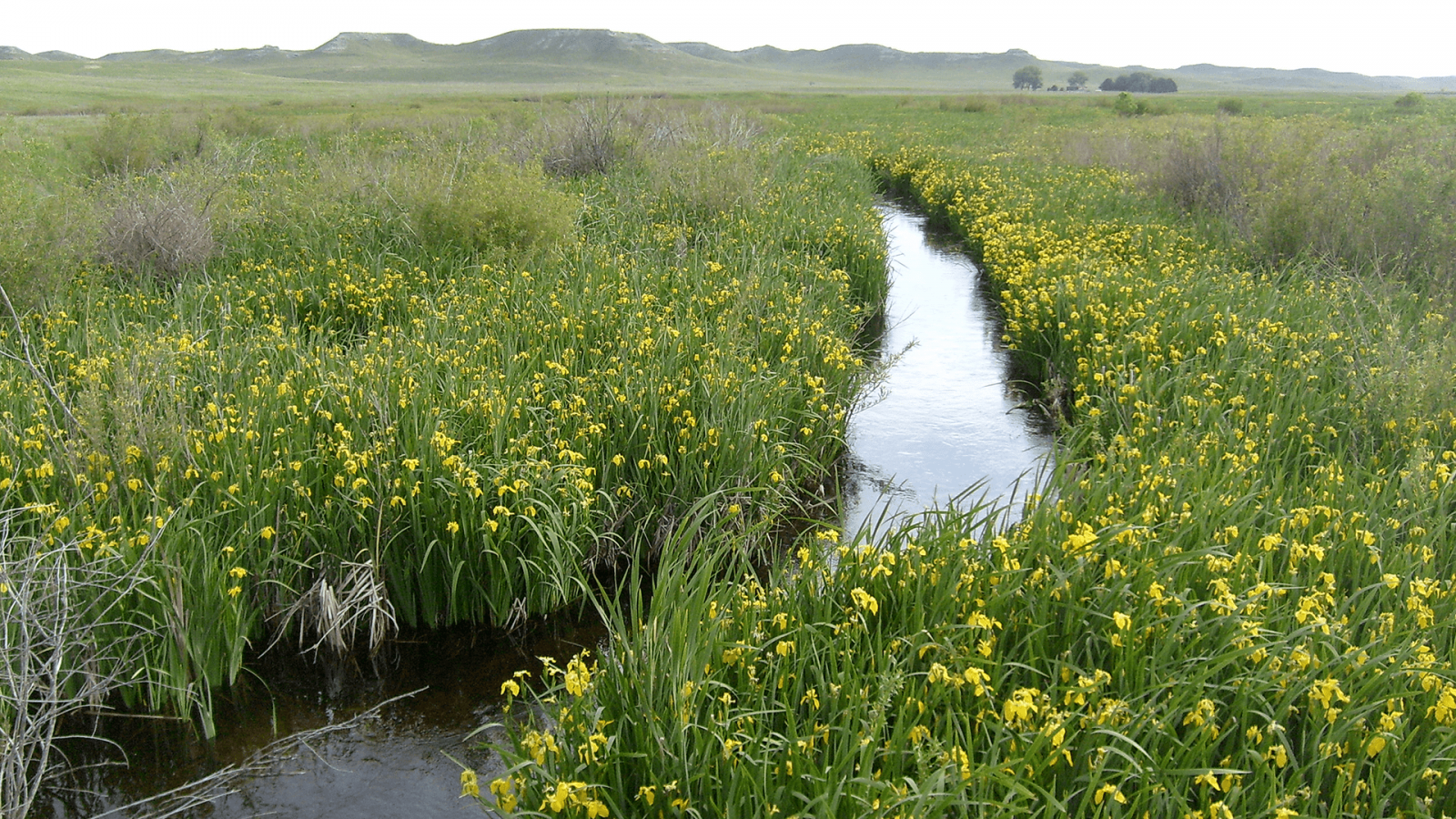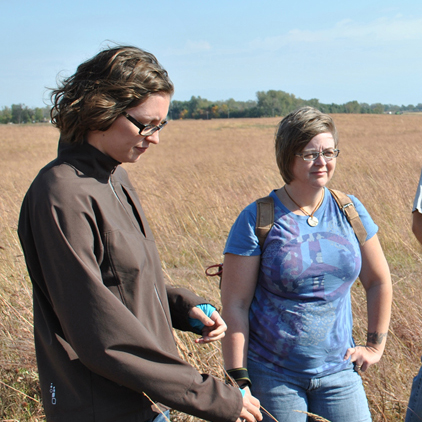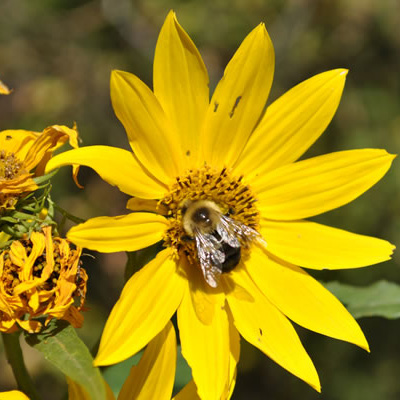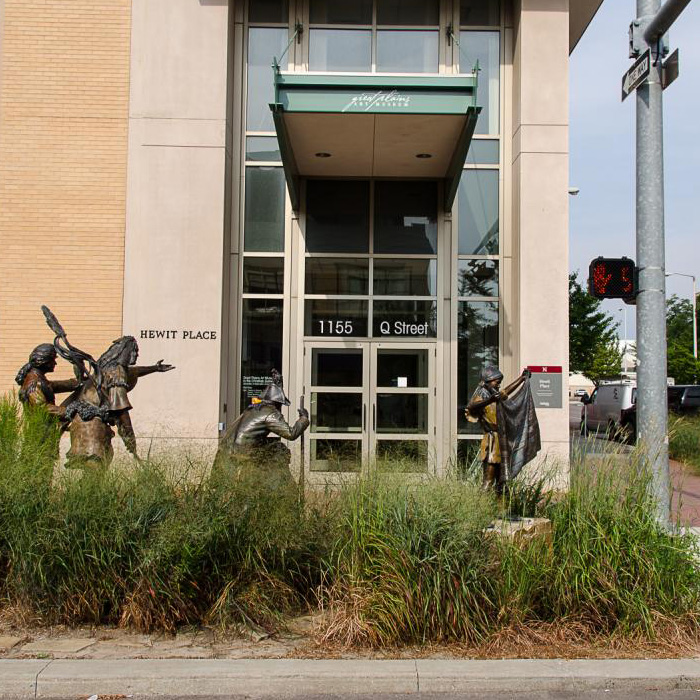A place-based environmental arts and humanities area of emphasis.
The Department of English has had a long-standing commitment to Great Plains studies. For decades, we have taught a variety of courses on Great Plains literature and culture.
The Place Studies program encompasses all major areas of our department: creative writing, composition and rhetoric, digital humanities, and literary and cultural studies. Find out what our faculty, students, and alumni are accomplishing within the field, and explore what Place Studies in the English department at UNL has to offer current and prospective students.
A human community, if it is to last long, must exert a sort of centripetal force, holding local soil and local memory in place.
Our department was instrumental in the foundation of The Center for Great Plains Studies, the Plains Humanities Alliance, the Nebraska Writing Project and the Center for Digital Research in the Humanities. In addition, we serve as the home for the Cather Project and the journal Western American Literature. Building on that foundation, and inspired by innovations in ecocriticism and place-conscious pedagogy, in recent years we have expanded our focus to include place-conscious and ecocritical approaches to the literature of many other regions of the world, from Ireland to Africa, India to Australia.
Our faculty and graduate students work in a wide variety of areas, including ecocriticism, ecopoetics, rural education, ecocomposition, postcolonial and settler-colonial studies, bioregionalism, Great Plains studies, Native American studies, Chicano/Latino studies, Afro-Carribean studies, digital humanities, Cather Studies, the Nebraska Writing Project, spatial studies, animal (and plant) studies, and Medieval/Renaissance studies.
The most important function of literature today is to redirect human consciousness to a full consideration of its place in a threatened natural world.
We provide many opportunities for students to enhance their Place Studies curriculum through participation in the Great Plains Studies certificate, the Nebraska Writing Project, and other campus-based organizations that can be found on our resources page. Moreover, the city of Lincoln and its surrounding environs offer much in the way of recreation and local, environmental engagement for students.
Place Studies Faculty
Faculty whose teaching, research, or creative work engages with Place Studies come from a wide range of areas in our department, including Creative Writing, Composition & Rhetoric, Ethnic Studies, Digital Humanities, and a variety of subfields in Literary & Cultural Studies.



